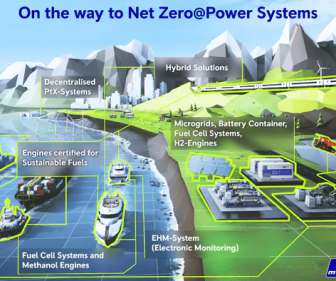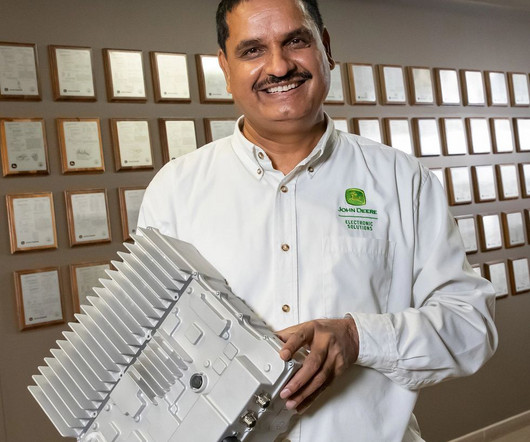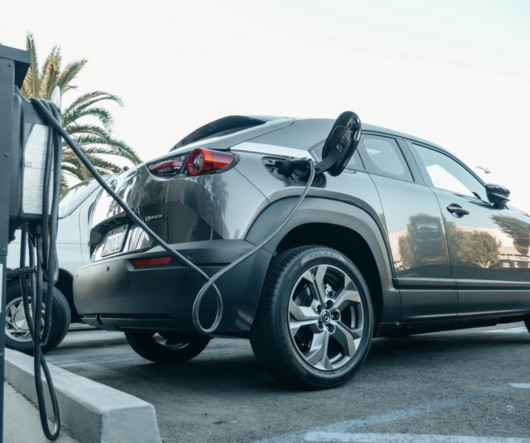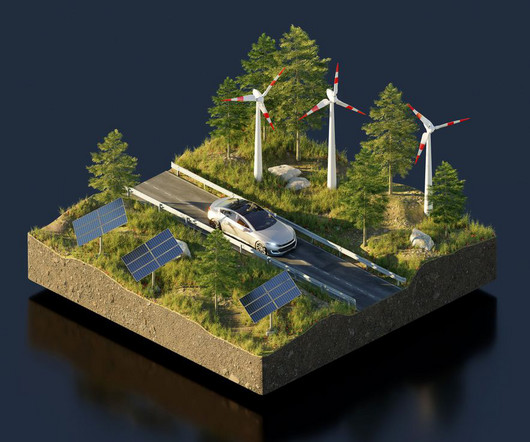Rolls-Royce Power Systems road map for climate-neutrality; 35% cut by 2030 from 2019; key role of mtu engines
Green Car Congress
JULY 22, 2021
Rolls-Royce Power Systems has outlined its road map for climate neutrality: Net Zero@Power Systems. The certification means that the new generation of Series 2000 and 4000 engines, that currently account for 85% of our sales revenues, will be qualified to run on second-generation bio-fuels and on E-fuels.









































Let's personalize your content